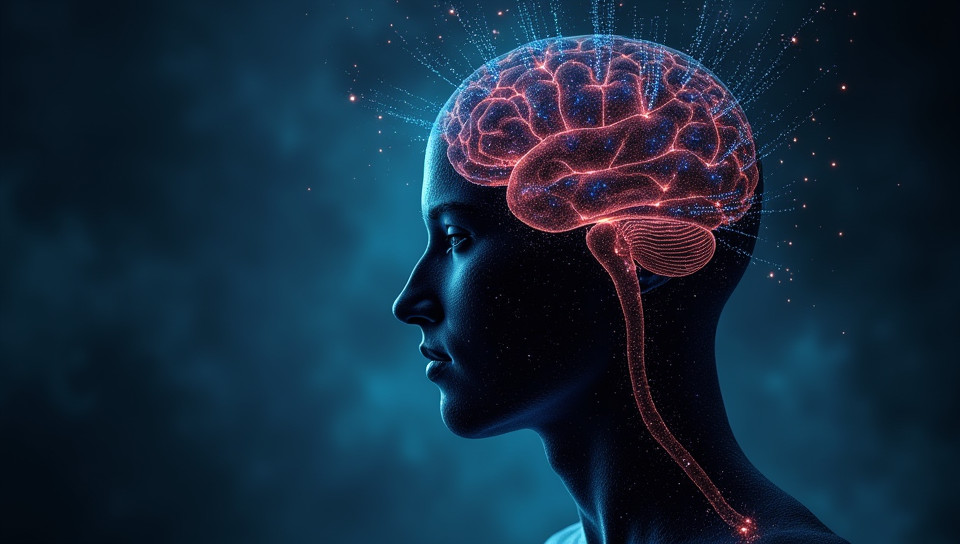Depression affects cognitive functions 64%

The Hidden Impact of Depression on Cognitive Functions
Depression is a mental health disorder that affects millions of people worldwide, causing significant distress and impairment in daily life. While its emotional toll is well-documented, the impact of depression on cognitive functions often goes unnoticed.
The Cognitive Consequences of Depression
Depression can affect various aspects of cognitive function, including attention, memory, decision-making, and problem-solving abilities. Research has shown that individuals with depression are more likely to experience:
- Difficulty concentrating and paying attention
- Memory lapses and forgetfulness
- Slowed reaction times and decreased processing speed
- Impaired decision-making skills and judgment
- Trouble solving problems and making decisions
The Neural Underpinnings of Depression and Cognitive Decline
Studies have identified changes in brain structure and function as key contributors to the cognitive decline associated with depression. These changes include:
- Reduced activity in areas responsible for motivation, pleasure, and reward processing
- Increased activity in regions involved in stress response and emotional regulation
- Abnormalities in white matter tracts, which can disrupt communication between brain regions
The Interplay Between Depression and Cognitive Function
The relationship between depression and cognitive function is complex and bidirectional. On one hand, depression can exacerbate cognitive decline by reducing motivation, increasing stress, and affecting sleep quality. On the other hand, cognitive impairment can contribute to the development or maintenance of depressive symptoms.
Breaking the Cycle: Early Intervention and Treatment
Fortunately, research has shown that early intervention and treatment can help mitigate the negative impact of depression on cognitive function. Strategies for improving cognitive functioning in individuals with depression include:
- Cognitive-behavioral therapy (CBT) to address distorted thinking patterns and improve problem-solving skills
- Exercise and physical activity to enhance mood and cognitive performance
- Mindfulness-based interventions to reduce stress and increase self-awareness
Conclusion
Depression affects not only our emotional well-being but also our cognitive abilities. By recognizing the hidden impact of depression on cognitive functions, we can take proactive steps towards early intervention and treatment. By addressing depression and its effects on cognition, we can break the cycle of decline and work towards a healthier, more resilient future.
- Created by: Carlos Dias
- Created at: Oct. 13, 2024, 6:04 a.m.
- ID: 12273








